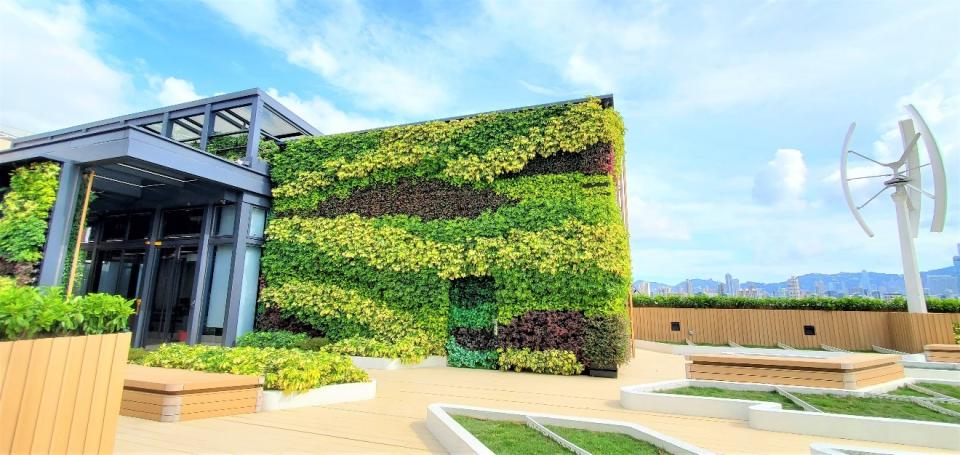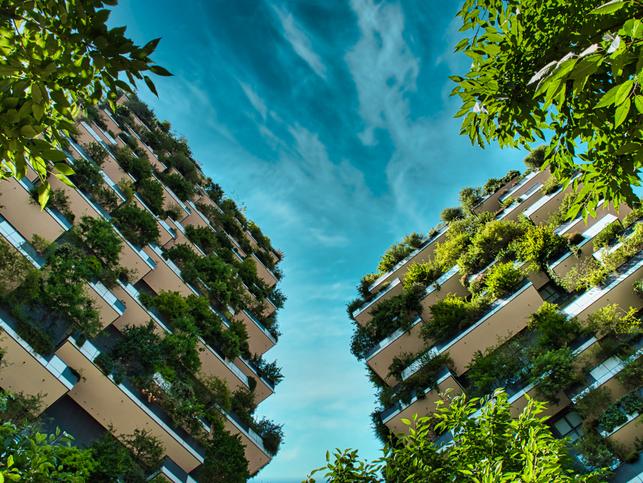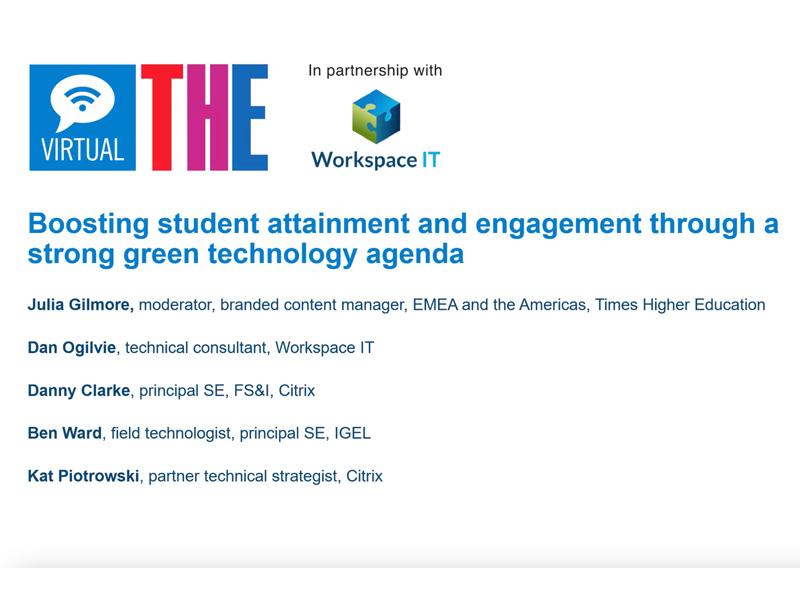In light of the growing global focus on climate change, we’re taking a proactive stance in championing a sustainable and resource-efficient future. Our aim is to achieve carbon neutrality for Scope 1 and 2 greenhouse gas emissions, those we make both directly and indirectly, by 2044. We plan to do this through four core strategies:
- Energy-saving and green buildings
- Green transport
- Waste reduction
- University community engagement
These strategies are supported by comprehensive sustainability policies that integrate best practices into all aspect of campus development and operations. We participate in sustainability-related memberships, recognitions and certifications, to enable regular performance assessments, identification of improvement areas and adoption of best practices from the industry.
Building a green campus culture
At the heart of our sustainability efforts is the cultivation of a vibrant green culture on campus, which is essential for fostering lasting behavioural change. To this end, sustainability features such as green space, passive design principles and energy‐efficient systems are prioritised during design and construction phases of new development projects. These elements not only enhance the campus’ aesthetic appeal but create an immersive green environment that significantly reduces its carbon footprint.
- How to include student voices in green campus initiatives
- Spotlight collection: a greener future for higher education
- Charting a shared path to net zero universities
The university mandates that all capital projects are assessed under the Building Environmental Assessment Method Plus and obtain certification from the Hong Kong Green Building Council. Projects must attain at least the second-highest rating, while major addition and alteration projects strive for the highest feasible rating within budget constraints.
In 2022, the Jockey Club Campus of Creativity exemplified this commitment by receiving the Merit Award in the Green Building Award 2021 “New Buildings Category: Projects Under Construction and/or Design – Institutional”. JC3 will open in phases, integrating sustainability education through smart technology, incentivising students for energy savings and green campaign participation, and displaying energy usage data on dashboard panels to promote eco-friendly practices.
Innovative renovations and operational excellence
We’re developing a Green Fit-out Guide that ensures green features and sustainable practices are incorporated into ongoing addition and alteration projects. This guide will promote sustainable management practices, minimise energy and water consumption, and improve indoor environmental quality. By establishing these principles, the university aims to create physical spaces that not only support academic excellence but foster a culture of green living among students and staff and create a sustainable campus that benefits the community and the environment. To address potential challenges associated with green fit-outs, such as higher initial costs, longer project timelines and limited availability of sustainable materials, the guide is being tested in several pilot fit-out projects to evaluate its effectiveness and suitability.
A prime example of this approach is the Crop Science Laboratory, which incorporates advanced research facilities with both active and passive design elements. This facility features low‐emissivity glass, green roofs and a smart system for controlling temperature, humidity and lighting, reducing energy consumption. In addition, it generates renewable energy through air quality improvement photovoltaic technology and rooftop wind turbines.

Daily operations are crucial to our sustainability journey. We’ve implemented various energy‐saving initiatives, including upgrading chillers with artificial intelligence, installing LED lighting, enhancing electric vehicle charging facilities and deploying solar photovoltaic system. Smart technology is also used in renovation projects.
For example, classrooms have been upgraded with air-conditioning and lighting controlled by smart sensors and booking system. Fume hoods have been replaced with models featuring sensor‐controlled sash closers, which optimise energy use while maintaining safety in laboratory environments.
Engaging the campus community
Integral to our sustainability initiatives is the active engagement of the campus community. To promote recycling and waste reduction, we’ve introduced a smart recycling system that incentivises participation through rewards. To encourage students and staff to reduce disposable waste, we put in place a lunchbox lending programme, providing free reusable containers for their meals. These initiatives have really helped in driving behavioural change among community members. Since launching in late 2023, the Green Corner has collected more than 2.4 tonnes of recyclables annually, while the lunchbox lending programme has successfully eliminated the use of more than 2,400 disposable meal containers per year. These initiatives highlight the positive impact and engagement of the campus community.
Engagement is essential for fostering a culture of sustainability. Each year, we organise a wide range of sustainability programmes for students and staff, along with incubation initiatives that support social innovation start-ups. A notable example is ReCube Limited, an environmental social enterprise founded by students from various universities, which collaborated with multiple restaurants – and now our campus catering outlets – to launch a reusable tableware rental service. Through these efforts, we aim to create a platform for innovation and collaboration, nurturing a culture where sustainability is embraced as a shared responsibility.
Engaging with local schools and peers is also vital for instilling sustainability values in future generations. Annual sustainability-themed Science Festivals, organised by the Faculty of Science, connect with students and promote environmental stewardship. The festival serves as a platform for partnerships and sustainable development, offering workshops, tours, demonstrations and talks focused on science and sustainability. It targets high school students to spark interest in science, technology and sustainability, deepening their knowledge through interactive experiences and engagement with scientists.
The 2024 festival, with the theme “Waste-Free Future”, drew more than 700 visitors, fostering a shared commitment to environmental sustainability. Its Waste-Free Science Competition involved 115 students, promoting innovative solutions to waste management challenges and showcasing the impact of collaborative education efforts.
We collaborate with other higher education institutions in Hong Kong through the Hong Kong Sustainable Campus Consortium (HKSCC), established in 2010. This platform allows member institutions to share best practices and address common challenges, enhancing collective efforts to promote sustainability across the sector. In 2023, the HKSCC endorsed a joint commitment to achieve carbon neutrality by 2050, demonstrating its dedication to sustainability.
In addition to this pledge, the HKSCC is developing a methodology to map academic courses against the United Nations’ Sustainable Development Goals. This mapping enables the institution members to shape curricula that foster a comprehensive understanding of the interconnected social, economic and environmental challenges, preparing students to be responsible global citizens committed to sustainable practices.
Achieving carbon neutrality requires a holistic approach that combines green leadership, sustainable building practices and active engagement within the campus and the wider community. People do not resist change itself, but being changed – so fostering individual behavioural change is crucial. By implementing various strategies, we aim to inspire transformation, cultivate a culture of sustainability and position our institution as a leader in combating climate change.
Kay Choy is director of estates, Jimmy Lam is assistant director of estates and Kenny Chan is campus sustainability manager, all at the estate office of Hong Kong Baptist University.
If you would like advice and insight from academics and university staff delivered direct to your inbox each week, sign up for the Campus newsletter.




comment